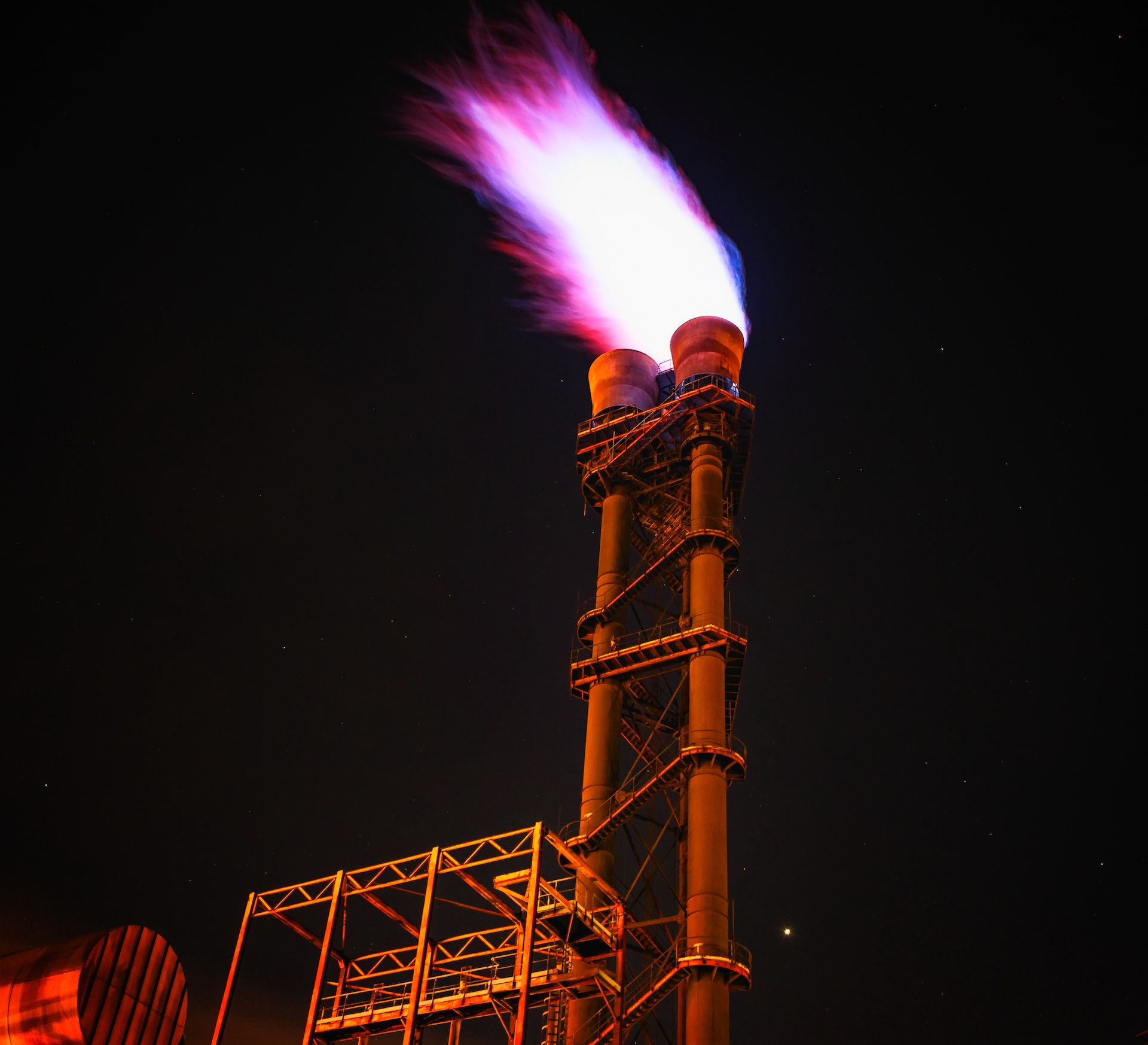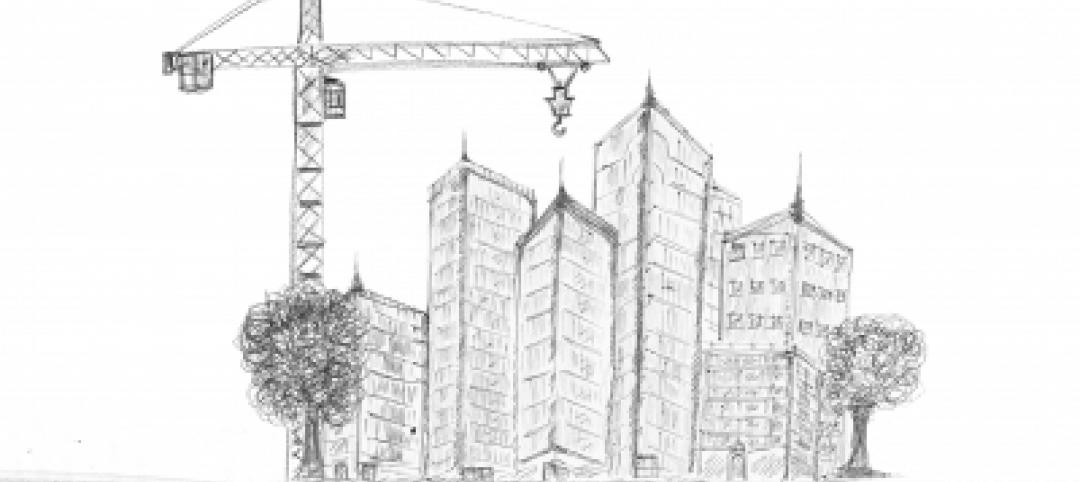Sixteen years out from a 2007 law that aimed to end the use of fossil fuels in federal buildings, gas heat is still being installed within the federal sphere.
The intent of the law was to phase out fossil fuel-generated energy consumption by 2030. The slow implementation of this carbon-free policy demonstrates how difficult it can be to achieve environmental targets set forth in well-intended, ambitious legislation.
Pushback from the fossil fuel industry has contributed to a slower conversion to fossil fuel-free buildings than was envisioned when the law was signed, says an NPR report. It is a warning to the Biden administration that sweeping laws such as the Inflation Reduction Act and subsequent dispersion of money do not guarantee that climate goals will be achieved, the report asserts.
The Energy Department was charged with developing a rule to implement the fossil-free policy within a year of the law’s enactment. But that never happened, at least partially the result of gas industry pushback, and federal properties continue to opt for natural gas as a heat source. The lesson is that crafting and passing complex climate legislation is one thing, but achieving results in the field is quite another.
Related Stories
| Mar 3, 2014
Injury-liability law responsible for higher construction insurance cost in New York
Construction contractors and developers in New York state face $3 billion more in costs and 667 more accidents per year because of a state law that holds builders solely liable for such accidents, according to a study commissioned by the New York Civil Justice Institute.
| Feb 28, 2014
GBI issues guide to help federal agencies meet sustainability mandates
The Green Building Initiative has released “The Guiding Principles Compliance for New Construction,” for federal buildings to help federal agencies meet sustainability mandates in the construction of new buildings.
| Feb 28, 2014
Steel Joist Institute standards open for review
The 2015 draft of the Steel Joist Institute’s “Single Joist Standard Specification for K-, LH-, and DLH-Series and Joist Girders” will be available for public review until May 31, 2014.
| Feb 28, 2014
Metcalf Construction wins key reversal from federal appeals court in Hawaii on military contract
Metcalf spent more than $76 million on a military construction project and sued to recoup costs.
| Feb 19, 2014
Obama Administration moves to boost fuel efficiency standards on heavy-duty vehicles
The Obama Administration wants to boost fuel efficiency of medium- and heavy-duty trucks for models made in 2019 and later.
| Feb 19, 2014
Net Positive Energy + Water is latest green certification standard
The advancement of sustainable construction has reached a new milestone with the development of Net Positive Energy+Water, a new green building certification standard that aims to improve net zero approaches to energy and water conservation.
| Feb 19, 2014
Obama’s climate resilience panel says PVs, cool roofs should be part of solution
Among the suggestions were rooftop solar energy systems and cool roofs, which could be encouraged by policies from local governments.
| Feb 19, 2014
OSHA proposes three-year postponement of crane operator certification requirement
OSHA’s proposal to postpone the compliance date for crane operator certification by three years was made official on Feb. 7 when it was published in the Federal Register.
| Feb 19, 2014
USGBC introduces new online educational platform
The U.S. Green Building Council has introduced “Education @USGBC” a new educational platform.
| Feb 17, 2014
Channeling weather forecasts to building systems can yield significant energy savings
Using weather forecasts to predict outdoor temperature changes can lead to significant energy savings, exceeding 10%, researchers say.














